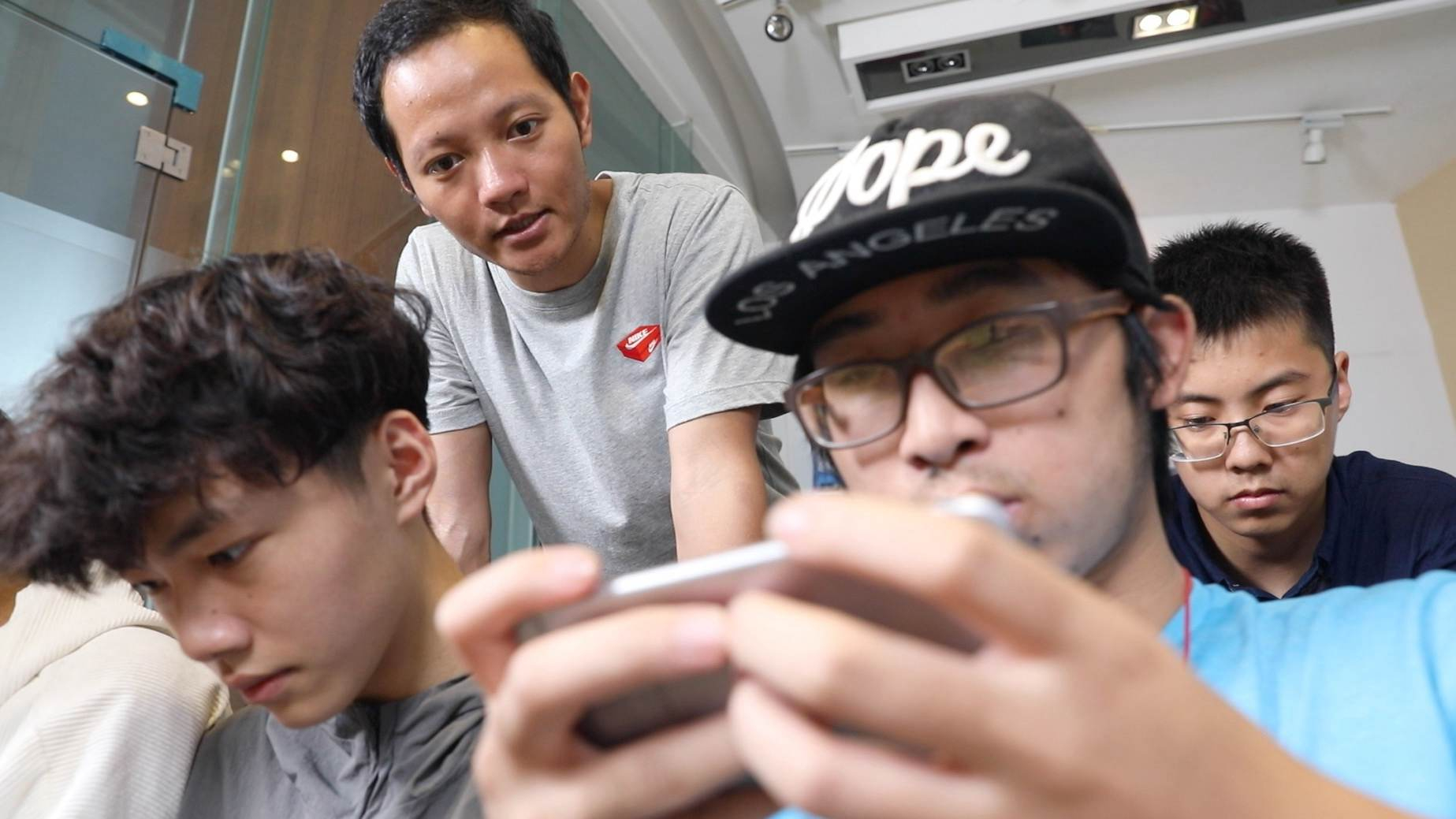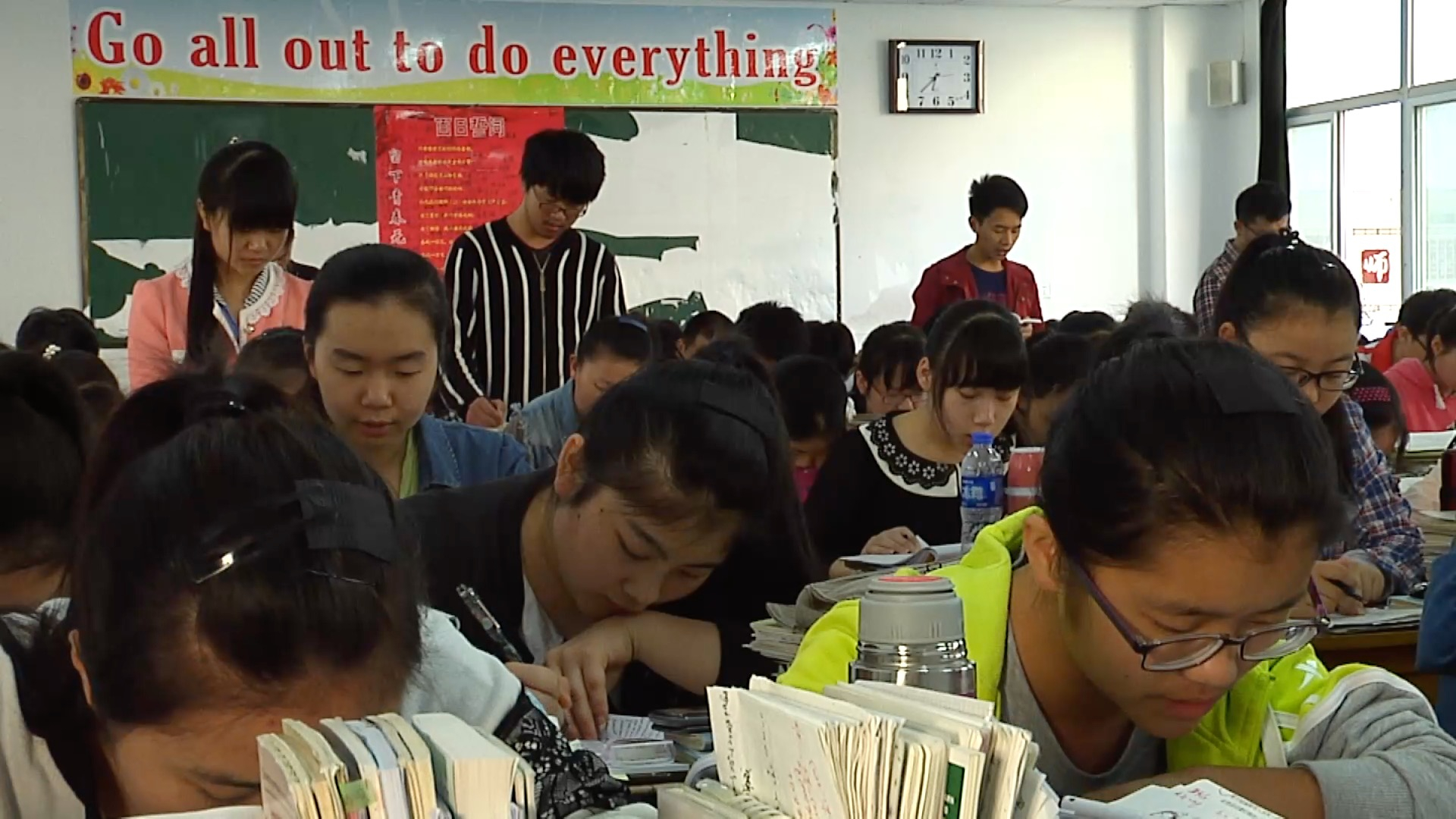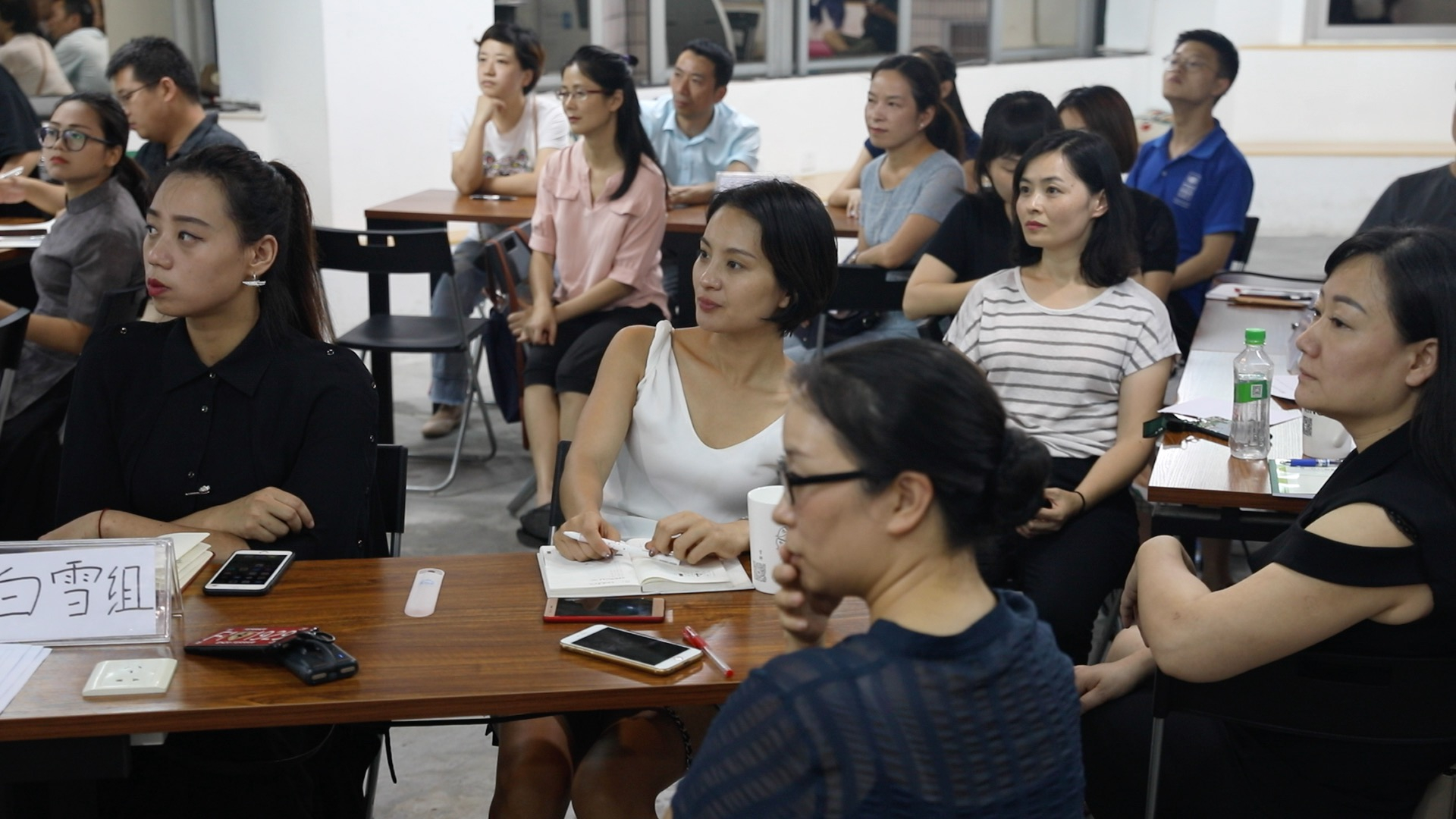
Culture
23:03, 08-Jul-2018
Asian Values: Changing view of education in China
Updated
22:05, 11-Jul-2018
By Tao Yuan, Zhang Youze
04:54

“I could help you develop your brain just the same by playing ‘King of Glory’ with you,” says Cui Tao, referring to a wildly popular multiplayer mobile strategy game.
He was responding to my comment that years of almost cruel studying during our teens actually made us smarter.
We are part of the post-80s generation, who, like almost everyone, spent our middle school years studying for the College Entrance Exam, or gaokao, arguably the most important test in a Chinese person’s life. The test score alone determines the college you go to - it even affects future career and marriage prospects. Few teenagers enjoyed the painstaking work and pressure. But in hindsight, I can see what I gained from it.
Not Cui.
He’s now the vice president of an innovative middle school called Pioneer Education in southwest China’s Chengdu City. Like its name suggests, the school is anything but traditional. There’s no set curriculum, the students are not even required to come to classes. And when they do, they learn subjects like criminal psychology, mechanics, or play “King of Glory,” which Cui teaches.
“You have to form tactics and strategy in order to win,” says Cui. “More importantly, you have to really love it. And it’s important to know what you like and be good at it.”
We had a very different education. We calculated trigonometric functions, recited ancient Chinese poems and memorized historic figures. Seldom were we able to finish homework before 11pm. They say “golden mansions can be found in books,” a proverb that dates back to imperial China. When it comes to shaping a young person’s future, good grades seemed to matter more than any other factor.

Students cramming for “gaokao.” /CGTN Photo
Students cramming for “gaokao.” /CGTN Photo
So Cui looks at his students with a tinge of envy.
“I’m merely a survivor of the gaokao system, not a beneficiary,” he says, even though he went to one of China’s best universities. “There were many problems. For example, my students are encouraged to form their own opinions on things. But our generation didn’t have that.”
So the fact that schools like Pioneer are making a dent in China’s education system today speaks to the shift in what Chinese parents and teachers think education should achieve.
China’s modern economy is creating a growing middle class. More families now want a better life experience for their children, rather than simply better schools and jobs.
“My son is full of ideas. He’s does well in some subjects, but not so much in others,” says Li Tong. “For a child like him, if he wants to excel, China’s current education system is not suitable, because there are too many restrictions.”
Her son, Yan Xiaohan, is now a senior at Pioneer, waiting to start college in the US.
“Here I don’t need to care about the schedules, or plans designed by the teachers,” says Yan. “For me, I can learn more things I like.”
Li and her husband pay about 10,000 USD for Yan’s schooling at Pioneer, slightly higher than Chengdu’s average household income. It’s certainly not for every family, but Li never hesitated.
“There’s no education system that’s suitable for everyone,” she says. She is the president of a public elementary school for children of China’s internal migrants, poor rural subsistence farmers who moved to the cities for better economic opportunity.
“I’ve come into contact with too many students whose entire family sleeps on the same bed. Everything they do - dining, sleeping, studying, takes place in one single room,” she says. “For these students, public education is the only way because it’s free, it’s efficient, and if they get good grades, their fate might change.”

Parents take PBL (problem-based learning) in Chengdu. /CGTN Photo
Parents take PBL (problem-based learning) in Chengdu. /CGTN Photo
The gaokao system still dominates China’s education establishment. For millions of underprivileged families, it’s the most efficient way to move up the social-economic ladder. It’s a meritocracy which Li believes in, but she points out its flaws.
“Teachers trained in the past using current knowledge to train people of the future,” she says. “So education never really fulfills what society needs.”
“Artificial Intelligence is going to take a big proportion of our jobs,” says Tong Xin, an Oxford-trained educator who now trains parents in problem-based learning. “We need fully independent thinkers in this day and age, rather than people who score high in exams.”

SITEMAP
Copyright © 2018 CGTN. Beijing ICP prepared NO.16065310-3
Copyright © 2018 CGTN. Beijing ICP prepared NO.16065310-3